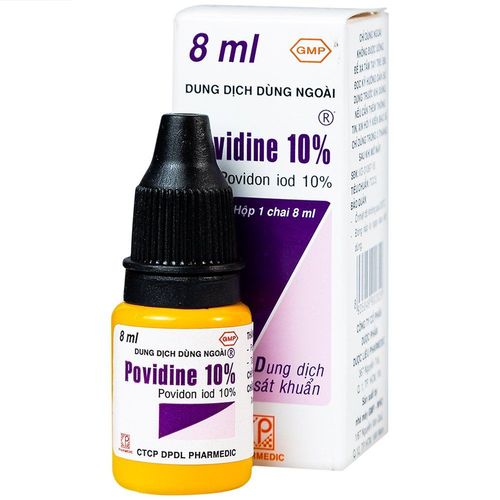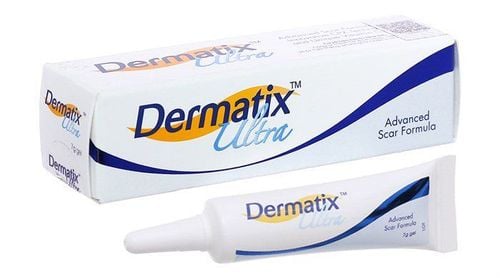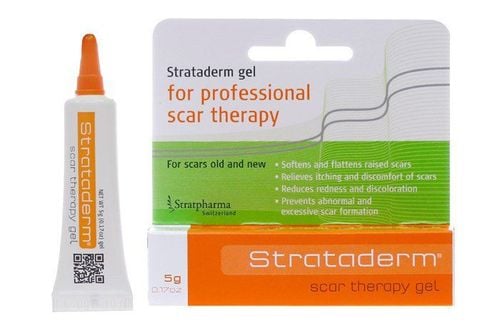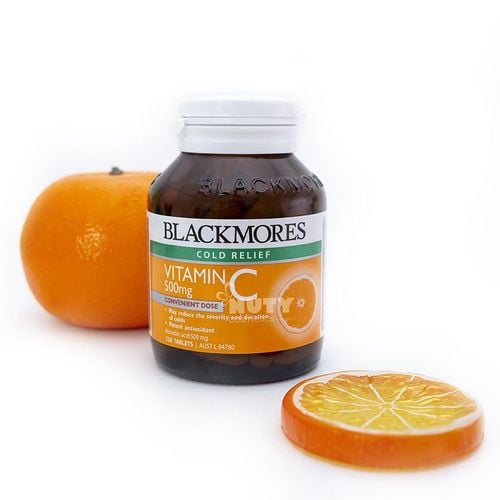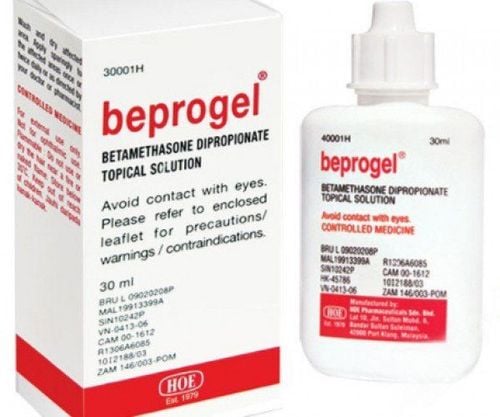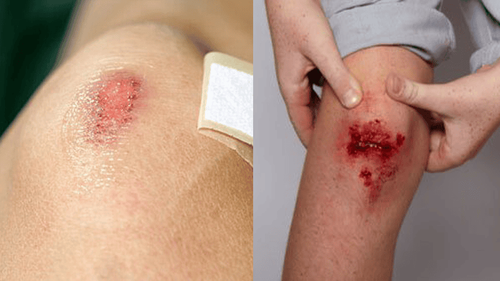How quickly a wound heals depends on many factors. However, nutrition plays a crucial role in the healing process of a wound. Certain foods should be avoided as they can slow down the healing process of an open wound and leave scars.
1. What is an open wound?
Open wounds are visible injuries such as torn skin, punctures, cuts, or surgical incisions. Signs of an open wound include bleeding, swelling, and redness around the affected area,... In addition, the patient may feel pain and discomfort on the skin’s surface. The wound-healing process typically goes through 3 stages:
- Inflammatory phase: Blood vessels constrict to prevent blood loss and platelets aggregate to form blood clot. White blood cells migrate to the site of injury to destroy bacteria and other foreign elements.
- Fibroblast stage: Protein fibers and collagen begin to develop within the wound. The growth of collagen helps pull the wound edges together and close it. At the wound site, small blood vessels form to supply blood to the newly formed skin cells.
- Remodeling Phase: The body continues to replenish collagen and repair the injured area, helping the scar to fade.
In addition to proper care and treatment of open wounds, nutrition is equally essential. During the wound-healing process, a suitable diet can accelerate recovery and minimize scarring.
Trắc nghiệm dành riêng cho người mắc đái tháo đường: Chế độ ăn của bạn đã hợp lý chưa?
Người bị bệnh đái tháo đường cần phải quan tâm nhiều hơn đến cách tính toán khẩu phần ăn sao cho phù hợp với nhu cầu và tình trạng sức khỏe. Nếu chưa rõ, bạn có thể tìm hiểu kỹ hơn thông qua bài trắc nghiệm ngắn sau đây.2. What Foods Should Be Avoided with an Open Wound?
Some foods to avoid when you have an open wound include:
- Sugar and high-sugar foods: Consuming sugar can impair collagen formation and delay wound healing, particularly during the fibroblast and regeneration phases
- Ginger: Excessive ginger consumption can interfere with clot formation during the inflammatory stage.
- Skimmed milk: Skimmed milk can affect insulin production and the body's natural inflammatory response. Therefore, consuming skimmed milk will affect the inflammatory phase, affecting blood clot formation and slowing down the scar-healing process.
- Dog meat: Dog meat contains a lot of protein and energy. Therefore, during the wound regeneration phase, when the skin is in the healing process, consuming protein-rich foods will lead to rougher and harder keloid scars.
- Beef: Though nutritious, beef can darken the wound area, causing hyperpigmented scars.
- Smoked meat: Can cause loss of vitamins and minerals needed for cell regeneration.
- Eggs: During the wound regeneration phase, new skin is gradually forming. Since eggs have the property of promoting the proliferation of collagen fibers, eating eggs will form keloid scars on the wound.
- Kang Kong: Kang Kong is a favorite food of many individuals because it is cooling, good for detoxification, diuretic, laxative, and skin regeneration,... However, eating kang kong will leave keloid scars on the wound.
- Chicken: Chicken can delay wound healing and cause itching.
- Seafood, and raw foods: These are all nutritious foods for the body. However, when there is an open wound, seafood or raw foods will cause itching and discomfort.
- Glutinous Rice-Based Dishes: Sticky rice is a favorite dish of Vietnamese people. However, glutinous rice can cause inflammation, swelling, and pus formation during the inflammatory stage. Frequent consumption during the remodeling stage can lead to keloid.
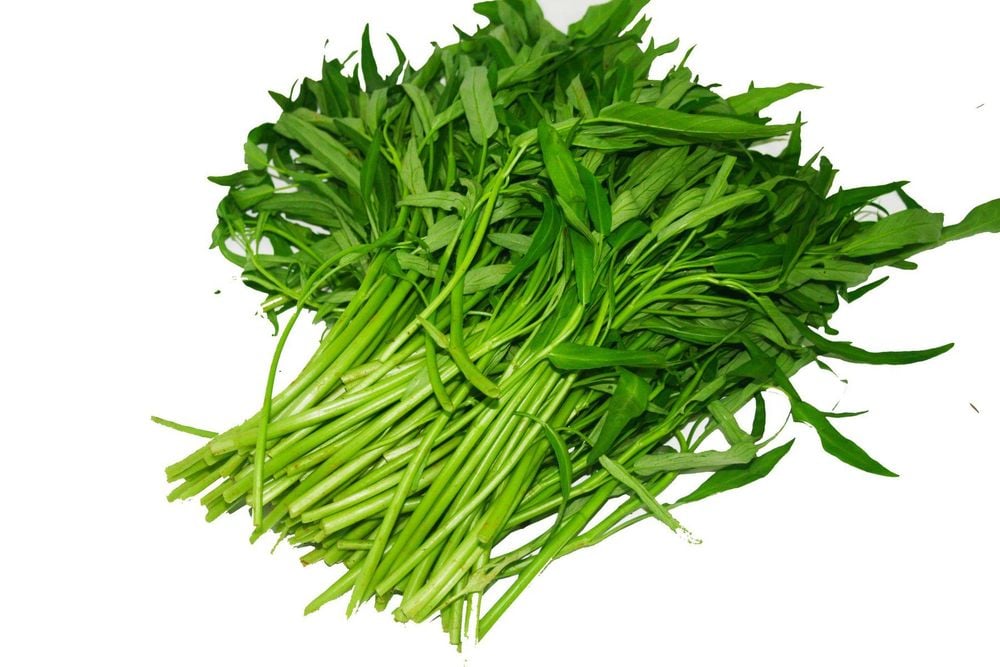
3. How long is the diet?
The duration of dietary restrictions depends on the severity of the open wound and each individual's physical condition. For minor wounds, dietary restrictions typically last 5–7 days, which is sufficient for the damaged tissues to restructure. Patients can monitor their wounds visually, looking for signs such as healing, dryness, and new skin formation,... Once these signs appear, they can adjust their diet to restore nutritional balance. For severe wounds such as surgical incisions, patients should follow the doctor's recommendations and consult the nutrition experts for an appropriate diet plan.
For faster wound recovery, the patient needs to follow the guidance of medical staff such as wound care properly every day, staying hydrated and increasing intake of vitamin C, avoiding stretching or applying pressure to the wound,... In addition, dieting can reduce nutrients from the diet. Over-restricting your diet may lead to nutrient deficiencies, negatively impacting health and potentially delaying recovery. Patients should consult with nutritionists to establish a balanced dietary plan.
In summary, the wound-healing process is influenced by many factors. In addition to proper wound care and hygiene, the patient needs to have proper nutrition and avoid foods that affect the wound-healing process. For serious wounds, seek medical advice to ensure proper care and nutrition.
Usually, minor injuries that cause little bleeding are not serious. However, if the injury is in sensitive areas with a high risk of infection, the patient should go to the nearest medical facility to be examined by a doctor and receive timely intervention.
Vinmec International General Hospital offers modern facilities, state-of-the-art equipment, and a team of experienced doctors and specialists. Patients can feel confident in seeking care and treatment for skin injuries at the hospital.
Please dial HOTLINE for more information or register for an appointment HERE. Download MyVinmec app to make appointments faster and to manage your bookings easily.




